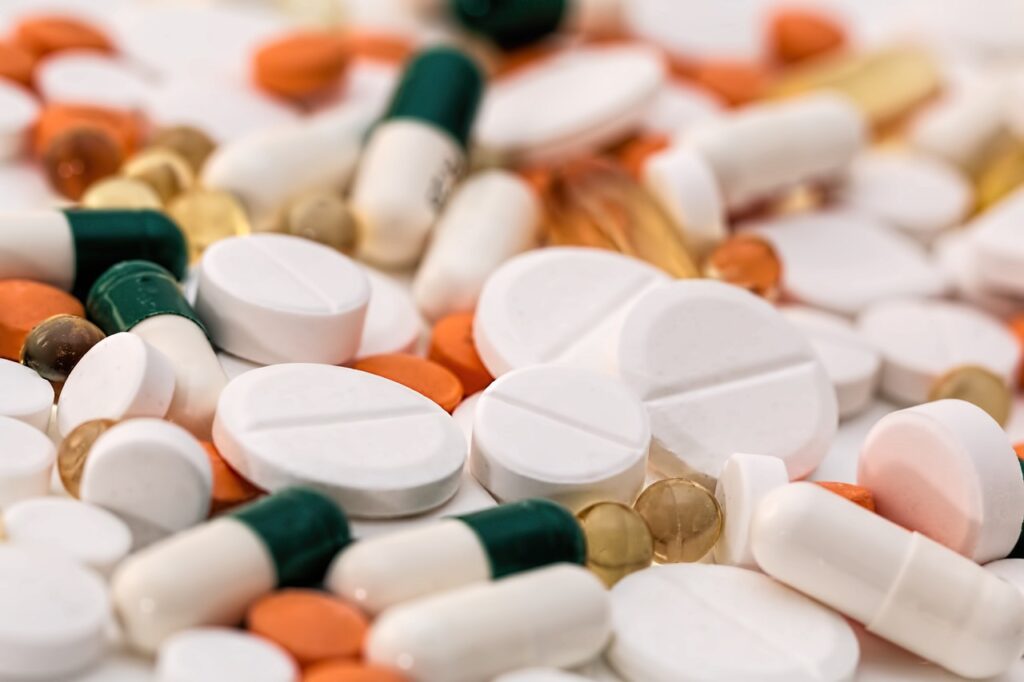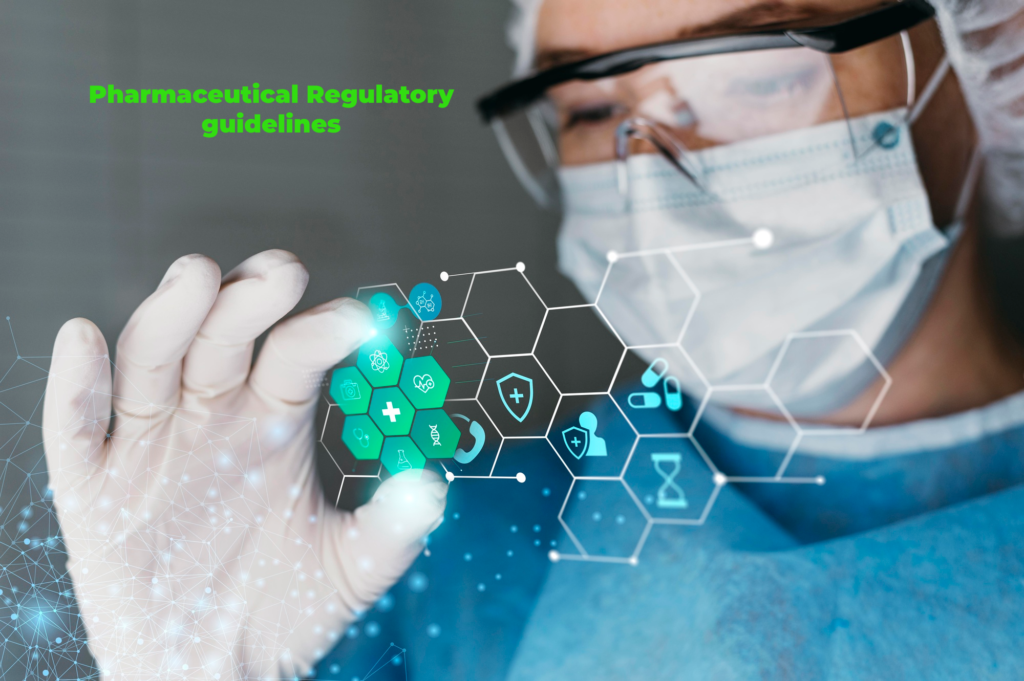Introduction
Quality Assurance (QA) plays a pivotal role in ensuring the safety, efficacy, and compliance of pharmaceutical products. As the pharmaceutical industry continues to evolve, the importance of robust QA processes becomes increasingly evident. In this article, we delve into the key aspects of Quality Assurance in the pharmaceutical sector, focusing on essential interview questions for professionals in this field.
Understanding the Role of Quality Assurance in Pharmaceuticals
In this section, explore the fundamental principles of QA in the pharmaceutical industry. Address the significance of QA in maintaining product quality, meeting regulatory standards, and fostering a culture of continuous improvement.
Key Interview Question 1: How do you define Quality Assurance in the context of the pharmaceutical industry?
Key Interview Question 2: Can you elaborate on the importance of QA in ensuring compliance with regulatory requirements?
Regulatory Compliance and Documentation
QA professionals in the pharmaceutical sector must have a comprehensive understanding of regulatory frameworks and the ability to manage documentation effectively. This section emphasizes the role of regulatory compliance in QA and explores the necessary documentation practices.
Key Interview Question 3: How do you stay updated on the latest regulatory requirements impacting the pharmaceutical industry?
Key Interview Question 4: Can you provide examples of critical documents managed in a pharmaceutical QA role, and how do you ensure their accuracy and completeness?
Risk Assessment and Mitigation Strategies
Risk assessment is a crucial aspect of QA, helping to identify potential issues before they impact product quality. This section explores the methodologies for risk assessment and the development of effective mitigation strategies.
Key Interview Question 5: How do you approach risk assessment in the pharmaceutical manufacturing process, and what factors do you consider?
Key Interview Question 6: Can you share an experience where your risk mitigation strategies contributed to maintaining product quality and regulatory compliance?
Process Validation and Continuous Improvement
Ensuring that manufacturing processes are validated is vital in pharmaceutical QA. This section discusses the significance of process validation and the role of QA in fostering a culture of continuous improvement.
Key Interview Question 7: How do you approach the validation of pharmaceutical manufacturing processes, and what challenges have you encountered in this regard?
Key Interview Question 8: In your previous roles, how have you contributed to driving continuous improvement initiatives in the QA process?
Audits and Inspections
QA professionals are often involved in audits and inspections to ensure adherence to standards. This section explores the importance of audits, both internal and external, and how QA professionals can prepare for inspections.
Key Interview Question 9: How do you prepare for regulatory inspections, and what steps do you take to address findings from audits?
Key Interview Question 10: Can you share an experience where your involvement in an audit contributed to identifying and rectifying quality issues in the pharmaceutical manufacturing process?
Frequently Asked Questions
What is Quality Assurance in the pharmaceutical industry?
Answer: Quality Assurance in the pharmaceutical industry is a set of systematic activities and processes designed to ensure that pharmaceutical products meet defined standards of quality, safety, and efficacy throughout their lifecycle
How does QA ensure compliance with regulatory requirements?
Answer: QA ensures compliance by implementing and maintaining processes that adhere to regulatory standards. This includes thorough documentation, regular audits, and staying informed about changes in regulations.
What are the essential documents managed in pharmaceutical QA, and how are they maintained?
Answer: Essential documents include Standard Operating Procedures (SOPs), batch records, validation protocols, and regulatory submissions. They are maintained through rigorous document control systems to ensure accuracy and completeness.
How do QA professionals stay updated on the latest regulatory changes in the industry?
Answer: QA professionals stay updated through continuous training, participation in industry conferences, memberships in professional organizations, and regular review of regulatory publications.
What is the significance of risk assessment in pharmaceutical manufacturing, and how is it approached?
Answer: Risk assessment identifies potential issues in the manufacturing process. It is approached through methodologies such as Failure Mode and Effect Analysis (FMEA) to systematically analyze and address risks.
Can you share an experience where risk mitigation strategies contributed to maintaining product quality and regulatory compliance?
Answer: Yes, for instance, implementing additional quality checks in a critical manufacturing step helped identify and rectify a potential deviation, ensuring product quality and compliance.
How is the validation of pharmaceutical manufacturing processes typically approached in QA?
Answer: Process validation involves systematically collecting and evaluating data to ensure that a manufacturing process consistently produces a product meeting predetermined quality attributes. This is achieved through a series of documented and controlled activities.
What steps do you take to drive continuous improvement in the QA process?
Answer: Continuous improvement is driven through regular assessments, feedback mechanisms, and data analysis. Implementing corrective and preventive actions based on identified areas for improvement contributes to an evolving and more effective QA process.
How do you prepare for regulatory inspections, and how do you address findings from audits?
Answer: Preparation involves thorough self-audits, documentation review, and mock inspections. Addressing audit findings includes developing and implementing corrective action plans to rectify identified issues promptly.
Can you provide an example of your involvement in an audit that identified and rectified quality issues in the pharmaceutical manufacturing process?
Answer: Yes, my proactive involvement in an audit revealed a deviation in a critical manufacturing step. Through swift corrective actions and process improvements, we not only addressed the issue but also enhanced the overall quality of the manufacturing process.
Conclusion
Quality Assurance in the pharmaceutical industry is a multifaceted domain, encompassing regulatory compliance, risk management, process validation, and continuous improvement. By posing these key interview questions, hiring managers can gauge the depth of a candidate’s knowledge and experience in navigating the complex landscape of pharmaceutical QA, ensuring the integrity of the products and the safety of consumers.
- For more articles, Kindly Click here.
- For pharmaceutical jobs, follow us on LinkedIn
- For Editable SOPs in word format contact us on info@pharmaceuticalcarrier.com
- For more information kindly follow us on pharmaguidelines.co.uk











